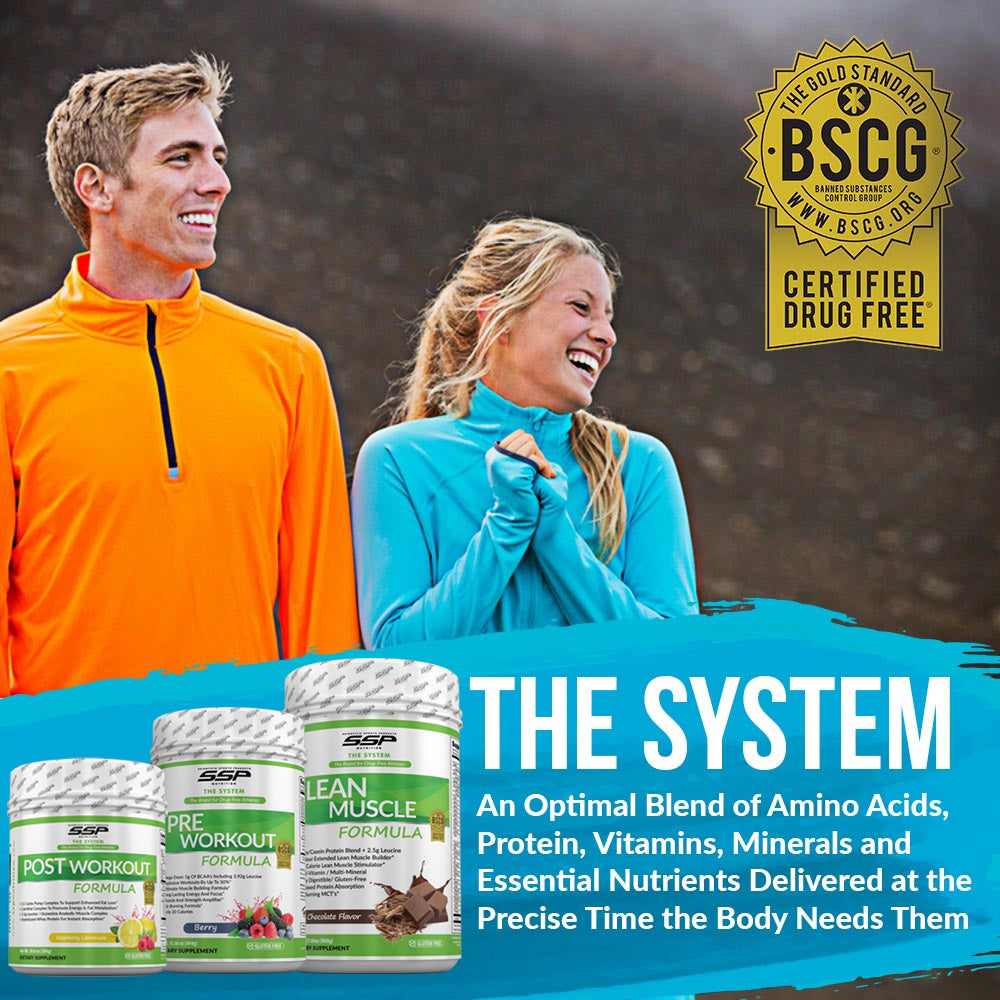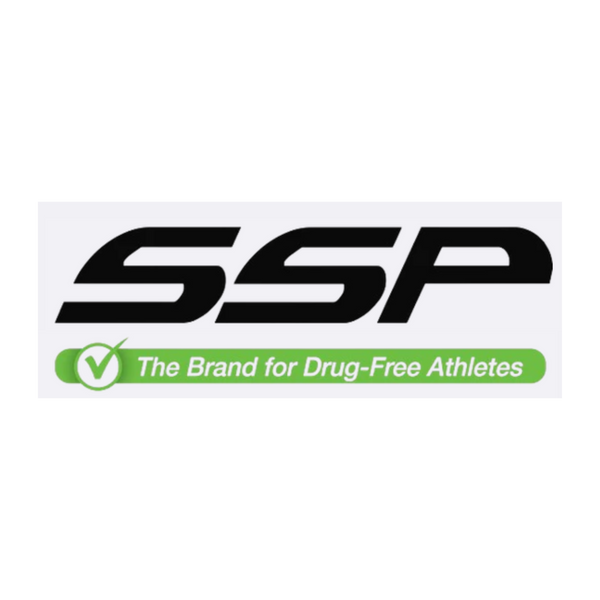
What Are The Critical Questions to Ask About Your Supplements?
Are your Supplements Safe?
For starters, let's talk about the incredible growth in the american supplement industry:
A Few Key Facts:
- Americans spend more than $30 billion on supplements each year
- Supplements are now the most common form of alternative medicine, and many to do incredible things, from boosting memory and building muscles to burning fat fast
- 2017 results from an annual survey on dietary supplements reveals an all-time high for supplement usage among U.S. adults, with 76% reporting they consume dietary supplements
- A 2017 CRN Consumer Survey on Dietary Supplements found that nearly 87% of U.S. adults have confidence in the safety, quality and effectiveness of dietary supplements overall
- Research shows that supplement use tended to increase with age, and that people who take prescription medications are more likely to use supplements
- Studies by the Journal of Nutrition reveal high use of dietary supplements by Americans 60 and older. In addition to their prescription medications, many older people are taking multiple preparations that have not been approved by the Food and Drug Administration
What is Being Consumed?
70% of Americans use at least one supplement, including vitamins, minerals, herbs, amino acids, enzymes and other substances. 29% of older Americans use four or more supplements each day:
39%: Multivitamins and mineral supplements
26%: Vitamin D
22%: Omega-3
16%: B and B-complex vitamins
13%: Calcium-vitamin D combinations
11%: Vtamin C
9%: Calcium-only supplements
9%: Various herbal or plant-based supplements

What is the Problem?
- Most supplements are barely regulated
- Supplement makers don't need to prove their products are safe or even effective before putting them on store shelves
- While supplements are supposed to be accurately labeled, a Vox review of government databases, court documents, and scientific studies uncovered more than 850 products that contained illegal and/or hidden ingredients, including banned drugs, pharmaceuticals like antidepressants, and other synthetic chemicals that have never been tested on humans
-
The NCAA spends more than $6 million annually on drug testing and education. Get caught, and the penalty for a positive drug test is strict and automatic: lose one full year of eligibility for the first offense and suspended from competition for 365 days from the date of the test
-
To see the impact, here is a listing of athletes that have received a sanction for a doping violation under the athlete’s international federation rules and/or the USOC Anti-Doping Policies: https://www.usada.org/testing/results/sanctions/

What to do?
It is your responsibility to police every product you consume. Identify with a reputable quality assurance program that regulates:
- Sports nutrition products
- Suppliers to the sports nutrition industry
- Supplement manufacturing facilities
These monitoring programs certify that a supplement product and/or raw material that bears the assurance programs logo has been tested for banned substances. Supplement users can view the assurance programs website to verify a specific product has have been through a certification process.
Only work with a 3rd party certification program that offers a complete suite of dietary supplement certification and testing services (work with supplement brands, ingredient suppliers, manufacturing facilities, and individual teams and athletes to ensure the quality of dietary supplement products and ingredients and protect against contamination with drugs or other agents that can lead to health concerns or positive drug tests).
Top organizations provide protection against up to 485 drugs. This will include 274 drugs on the World Anti-Doping Agency (WADA) Prohibited List and additional testing on illicit, prescription and over-the-counter drugs not banned in sport.
Certifications include a 21 CFR 111 Good Manufacturing Practices (GMP) quality control process review, raw material and supplier review, and a general toxicology assessment, certification for label verification and contaminants
It is important to note that although there is no such thing as a ‘100% guarantee' that tested supplements are free of all banned substances, quality assured programs provide consumers and athletes with an effective risk management service, allowing them to make educated choices about the products they choose to use.
Analysis of tens of thousands of supplement and raw material samples over the past two decades show that the incidence of contamination amongst high quality products that are regularly tested for banned substances are significantly lower (better than 1 in 5000) compared to products that do not undergo any banned substance testing, which can be as high as a 1 in 10 risk.
The manufacturing quality system audit and pre-registration product testing includes a thorough review of quality assurance systems, raw materials, and supply chain is carried out to ensure there is little risk of contamination in the finished product.
This includes, but is not limited to:
- Product evaluation including formulation, label claims, nutritional labeling, contaminant testing, etc.
- Raw material evaluation at each production site
- Review of accreditations held by the manufacturing and packing facility, such as Good Manufacturing Practice (GMP)
- Quality system and Standard Operating Procedure (SOP) review for raw material storage and handling, review of SOPs for production and packaging, equipment cleaning, staff training, product traceability, etc.
- Raw material supplier assessment
- Finished goods storage and distribution evaluation
Only after the audit is satisfactory and the product testing has shown no contamination issues can the product be registered.
Ways to Stay Safe:
- Use sites like https://www.bscg.org/ and http://informed-choice.org/ to protect your body
- Be a Safe and Informed Consumer
- Let your health care professional advise you on sorting reliable information from questionable information
- Contact the manufacturer for information about the product you intend to use
- Be aware that some supplement ingredients, including nutrients and plant components, can be toxic. Also, some ingredients and products can be harmful when consumed in high amounts, when taken for a long time, or when used in combination with certain other drugs, substances, or foods
- Do not self-diagnose any health condition & work with a health care professional on how to best achieve optimal health
- Do not substitute a dietary supplement for a prescription medicine or therapy, or for the variety of foods important to a healthful diet
- Do not assume that the term "natural" in relation to a product ensures that the product is wholesome or safe
- Be wary of hype and headlines. Sound health advice is generally based upon research over time, not a single study
Sources:
https://www.crnusa.org/newsroom/dietary-supplement-usage-increases-says-new-survey
https://www.aarp.org/health/drugs-supplements/info-2017/dietary-vitamin-use-older-americans-fd.html
https://www.aarp.org/health/drugs-supplements/info-2017/dietary-vitamin-use-older-americans-fd.html
https://www.vox.com/a/supplements
http://www.stack.com/a/report-supplements-contain-steroids
https://www.fda.gov/ForConsumers/ConsumerUpdates/ucm050803.htm
http://informed-choice.org/about
https://www.bscg.org/
https://www.bscg.org/announcementspress/ssp-nutrition-supplements-earn-highly-regarded-third-party-certification-from-bscg/


